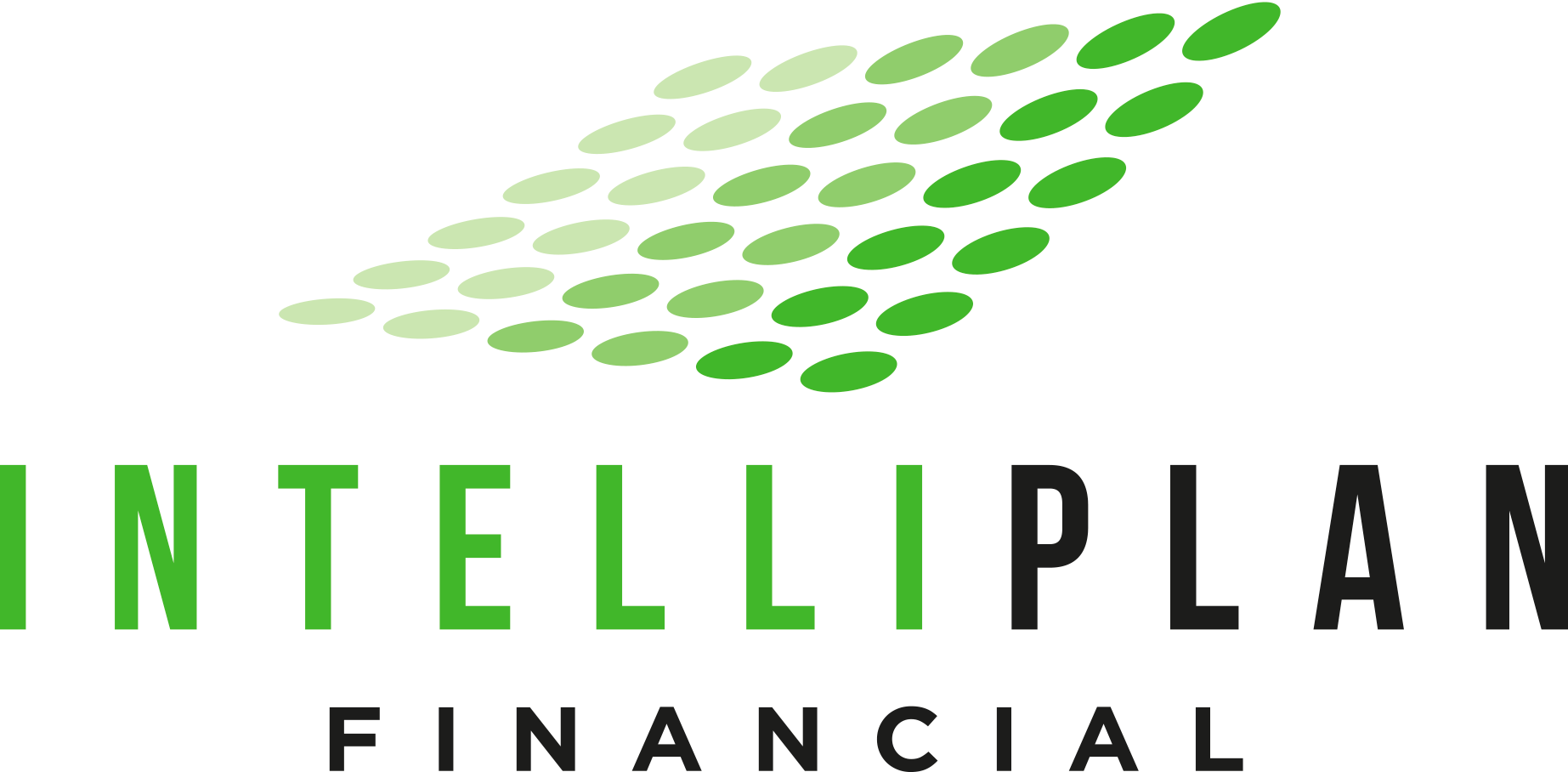Are you getting ready to retire and feeling overwhelmed by everything that needs to be taken care of? Don’t worry. We’ve got you covered!
Our comprehensive 14-step pre-retirement checklist covers important items so your retirement transition goes as smoothly as possible.
From reviewing finances and determining how much savings you need to develop a plan for retirement income streams. This guide will help ensure that all the preparation is done correctly so you can enjoy peaceful, stress-free retirement years.
Read on to discover how easy (and important) implementing this pre-retirement checklist now can make all the difference in helping set yourself up for lifelong financial security later down the road!
Have Your Portfolio Reviewed
Retirement can be a stressful time, with so many questions about what the future holds. That’s why it’s crucial to review your retirement portfolio before retiring.
Financial professionals recommend reviewing your retirement investments and overall financial plan five to ten years before retirement to ensure everything is in order.
This review will provide you with an objective analysis of your financial situation, identify potential issues, and help you make necessary adjustments.
It’s better to be proactive rather than reactive regarding money, especially during retirement.
Financial Planning
When it comes to retirement, we all want to live comfortably and enjoy the fruits of our labor.
However, that won’t happen if we don’t have our financial planning in order.
Refining your financial planning before retiring is important because it will help give you an idea of whether or not you’ll have enough money to sustain your lifestyle in retirement.
Defining long-term financial goals and understanding your expenses, debts, and assets clearly can also help you make smarter investment decisions.
Plus, it can help give you peace of mind knowing that you’ve planned for unexpected expenses and are on track to meet your retirement goals.
Refine Your Retirement Savings Plan
As you near retirement age, getting swept up in the excitement of winding down and taking it easy is easy to do.
However, before you pack up your desk and head out the door for good, it’s important to take a good look at your retirement savings and spending plans.
Take a look at core spending needs (“must haves”), surplus spending needs (“nice to haves”), and potential unexpected emergency spending needs. Combine everything and compare the total to how much you’ve actually saved for retirement.
Doing this before retiring will help you assess whether or not you’ll have enough money to cover all your expenses and live comfortably during your golden years.
It also gives you the opportunity to adjust your plans if necessary, whether that means contributing more to your retirement funds or finding ways to cut back on expenses.
Define Your Legacy Goals
Retirement is a significant change, and preparing for it requires more than just calculating finances and deciding what hobbies to take up.
One important aspect of readying yourself for retirement is defining your legacy goals.
You may be wondering, what are these legacy goals? They are a way to look beyond yourself and plan for what you want to leave behind when you’re gone.
Legacy goals include defining your family gifting goals and/or philanthropic gifting goals.
By defining your legacy goals before you retire, you can start working towards them and clearly understand what you want your life to mean beyond just your professional accomplishments. Doing so will also help you clearly communicate your wishes to your family.
Long-Term Care Protection
Retirement is something that we all look forward to, but failing to plan for long-term care could potentially make this golden age less than ideal.
Long-term care refers to the medical, social, and personal assistance provided to those who have difficulty completing basic activities of daily living.
Unfortunately, the need for long-term care can increase as we age, putting our retirement savings and personal assets under duress.
Long-term care protection could be an important part of your pre-retirement checklist because it helps secure your independence and quality of life in the future.
In addition, preparing for long-term care helps reduce your reliance on family members to take care of you, which can also take a toll on a caregiver’s mental and physical health over time.
Having An Irrevocable Living Trust
Another important step to retirement is having an irrevocable living trust in place.
This type of trust is a legal document that allows you to transfer your assets to a trustee who will manage them on your behalf after you pass away.
The great thing about an irrevocable living trust is that it offers many benefits compared to a typical will or trust.
For starters, it can help avoid probate, which can be costly, time-consuming, and conflict-ridden work.
An irrevocable living trust can also help provide estate tax benefits and protect your assets from creditors.
By addressing these critical issues before retirement, you can enjoy your golden years with peace of mind, knowing that you have taken steps to help ensure your family’s future financial security.
Establish Education Goals
As we get closer to retirement, it’s important to start thinking about our goals for the future. An important consideration could be the education of our grandchildren or other loved ones.
A properly designed life insurance policy and 529 plan could be great ways to set aside funds that can be used for education expenses, such as tuition and books.
Having a college savings plan for the grandchildren before retirement can help ensure that we are financially prepared to support our loved ones and that any unexpected financial burdens do not hinder their education.
Plus, starting early means more time for these funds to grow and generate more income for education expenses.
So, if you haven’t considered a life insurance policy or 529 plan for your grandchildren or other loved ones, now may be a great time to add it to your pre-retirement checklist to learn more.
Your Balance Sheet
As we approach retirement, we are often busy making plans for our newfound freedom to consider the financial implications of leaving the workforce.
However, one important aspect of successful retirement planning is taking stock of all our outstanding loans and mortgages before we move into that new phase.
By reviewing our loans and mortgages and carefully considering them in the context of our long-term retirement spending plan, we can better manage our debts, control our expenses and keep our finances steady in our golden years.
With a good understanding of what we owe and how much we will need to pay back, we can help take control of our debt and plan accordingly for our financial future.
This will help you sleep better, knowing that you’ve taken care of your financial obligations and have a plan to help fund your retirement dreams.
Review Your Insurance Plans
To truly enjoy retirement, it’s helpful to ensure everything is in order beforehand.
Reviewing your health insurance plans, life insurance, long-term care insurance, and disability insurance before retiring is a fundamental part of your pre-retirement checklist.
You want to be sure that you have adequate coverage and that you’re paying only what you have to.
Additionally, beneficiaries should be in place so that your loved ones are cared for if something happens to you.
A few minor tweaks now can help save you a lot of headaches and stress down the road.
Having A Real Estate Review
Whether you own your home or rent, your primary residence could significantly impact your finances during retirement.
You should evaluate your home’s equity, potential sale value, and the possibility of downsizing or relocating to a more affordable one.
Not only will this help you determine your housing expenses during retirement, but it can also provide you with a more clear understanding of how your home will fit into your overall financial plan.
By giving your primary residence strategy the attention it deserves, you’ll be better positioned to enjoy your retirement without worrying about housing-related expenses draining your finances.
Health Savings Account (HSA) (Where Applicable)
With health care costs continuing to rise, you’ll want to have some extra money set aside to cover any unexpected expenses.
By investing in a Health Savings Account (HSA), you’ll help set yourself up for a more comfortable future.
If you have a HSA, it’s important to set a strategy for accumulating assets in your account for use later in retirement.
Plus, by maximizing your contributions in your HSA, you can take advantage of the tax benefits and potentially lower your taxable income.
So, don’t overlook the importance of setting a strategy for accumulating assets in your HSA. Your future self will thank you for it.
Medical Screening And Preventative Health Care Plan
As we get older and approach retirement, considering your health is as important as considering how you’ll spend your free time.
That’s where a comprehensive diagnostic service, like an Executive Health Assessment, comes in.
This type of assessment can help you identify potential health concerns before they become serious, allowing you to take proactive steps to address them.
It’s like getting a check-up for your entire body – from head to toe – and it can help provide peace of mind knowing that you’re doing what you can to maintain good health as you enter retirement.
Remember, retirement isn’t just about financial planning – it’s also about taking care of yourself and making your golden years last.
Estate Planning
As we approach retirement, many of us start making mental checklists of everything we need to do to ensure a smooth transition into our golden years.
While securing your finances may be at the top of that list, it’s important to recognize the legal side of things.
Estate planning is important in helping to safeguard your assets and ensure your wishes are carried out should you become incapacitated or pass away.
Advanced medical directives and durable power of attorney documents give you more control over your medical decisions and help ensure that someone you trust can act on your behalf if you can’t.
Let’s remember to update that will or trust! As our lives change, so do our priorities, and keeping your will up to date helps ensure that your loved ones are taken care of the way you want them to be.
Safety And Documentation
An often overlooked step is to set a strategy for identity theft protection. Our world is rapidly digitizing, so our personal information is becoming increasingly vulnerable.
Additionally, collecting next of kin or family contact permissions is essential in case of an emergency.
You’ll also want to ensure you have a record of your safes, storage units, and safe deposit boxes and their accessibility, as well as a comprehensive collection of computer files, passwords, photos of personal property, inventory of vehicles, and confirmation of financing and ownership.
These items may seem mundane, but they are invaluable in the event of a crisis.
By organizing these important pieces of information now, you will help enjoy your retirement worry-free, knowing that you and your assets are secure.
Preparing for retirement goes beyond financial planning. By following this comprehensive checklist, you can help enjoy your retirement years with peace of mind, knowing that you have taken important steps to help ensure your financial security and well-being. For personalized assistance with your pre-retirement checklist, reach out to our financial advisors at Intelliplan Financial today. Schedule a complimentary consultation by clicking here.
Disclosure: Financial Planning and Advisory Services are offered through Prosperity Capital Advisors (“PCA”), an SEC-registered investment adviser. Registration as an investment adviser does not imply a certain level of skill or training. Intelliplan Financial and PCA are separate, non-affiliated entities. PCA does not provide tax or legal advice. Insurance services offered through Intelliplan Financial are not affiliated with PCA.
Financial Planning and Advisory Services are offered through Prosperity Capital Advisors (“PCA”), an SEC registered investment adviser. Registration as an investment adviser does not imply a certain level of skill or training. Intelliplan Financial and PCA are separate, non-affiliated entities. PCA does not provide tax or legal advice.









